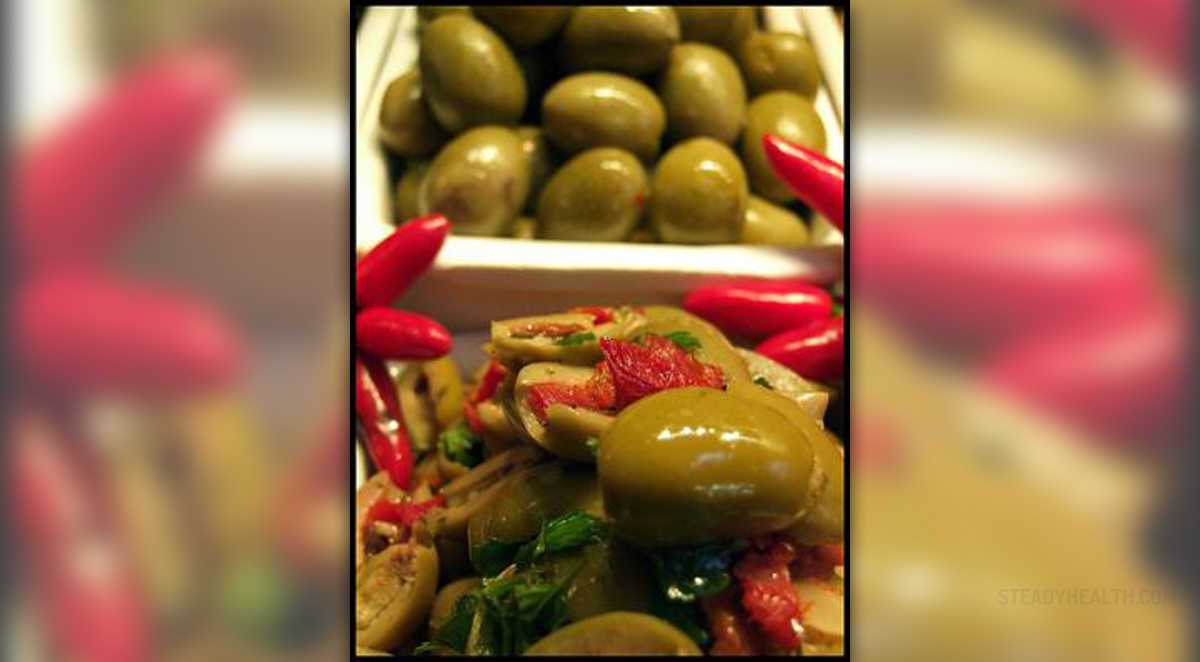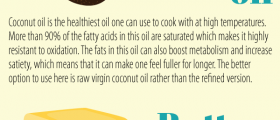
Olive oil is an oil obtained from olives, a crop native to Mediterranean regions. Olive oil has a wonderful flavor and is often used in salads, pasta, fish and various different dishes. It is also used in cosmetics, pharmaceuticals, soaps and as a fuel for traditional oil lamps. Olive oil is produced by grinding olives and extracting the oil by mechanical or chemical means. There are many various types of olive oil. In a regular grocery store you will usually find some varieties, such as: extra virgin, virgin, light, pomace, filtered, cold pressed, stone milled, organic… the choices are numerous. The keys to choosing the right oil is to know what types are available and considering what will you use it for. All olive oils are not created equal and they drastically differ in health benefits.
Extra-virgin olive oil
Extra-virgin olive oil is obtained only from the olive, using only mechanical or other physical means, which do not modify the oil in any way. Extra-virgin olive oil has a free acidity expressed as oleic acid, of no more than 0.8 grams per 100 grams. This is the highest quality olive oil. Extra-virgin olive oil is a light and delicate addition to many brilliant dishes, it is one of the most health-promoting types of oils available. This oil is especially rich in monounsaturated fats associated with much lower rates of heart disease, atherosclerosis, diabetes, colon cancer and asthma. Mediterranean style dietary pattern has proven that high intake of extra-virgin olive oil significantly lowers the risk of death from all health-associated causes. Virgin olive oil, a much richer source of polyphenols than refined olive or other refined oils, is the best vegetable oil for the heart health.
Light olive oil
Light olive oil is sometimes marked as “extra light olive oil” or “extra light in flavor olive oil” or extra light in taste olive oil.” This oil is made of refined olive oil with added small amounts of virgin olive oil. The term "light" refers to the light taste, which avoids heavy olive oil fragrance. Light olive oil is 100% fat and has approximately 120 calories per tablespoon. This oil is actually been heavily refined, so it has a pale color and minimal flavor. The ingredients in light olive oil may vary drastically, as there is no official industry or government definition of lite or light. Refining of oil involves heating and series of filters so that the final product has a high smoking point and a very light flavor provided by adding a dash of olive oil. Light olive oil is, consequently, considerably low in monounsaturated fats, and has no positive impact on humans’ health.

















Your thoughts on this
Loading...